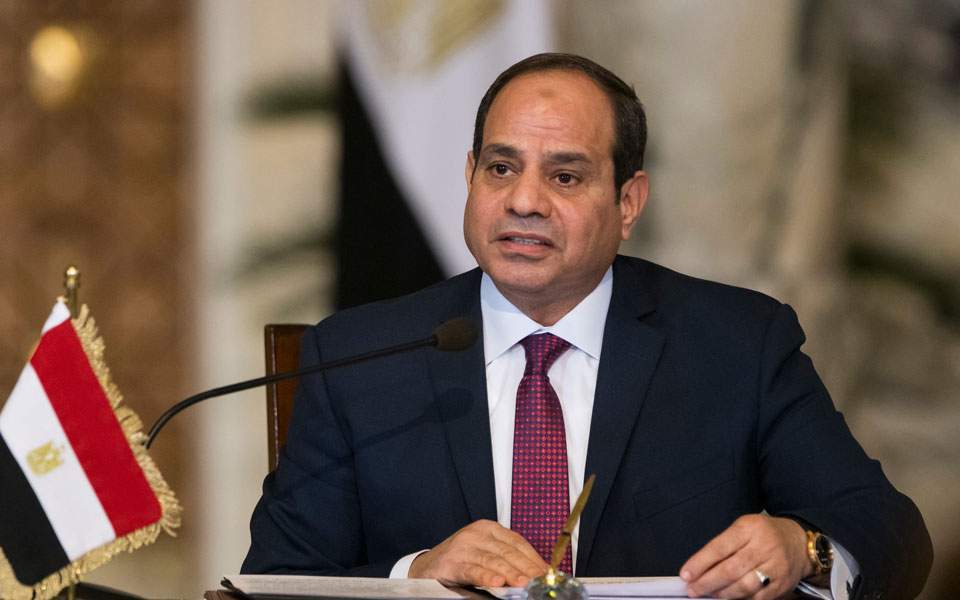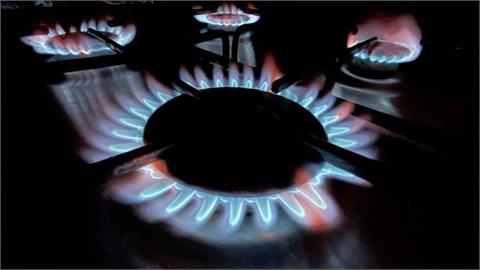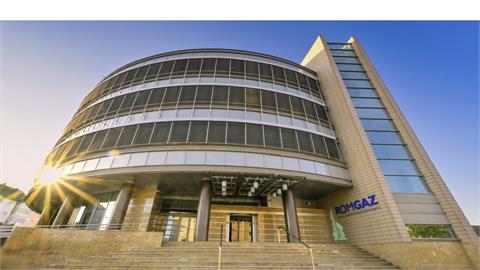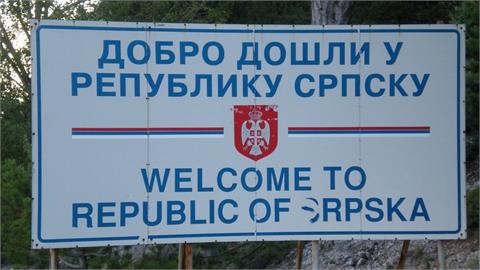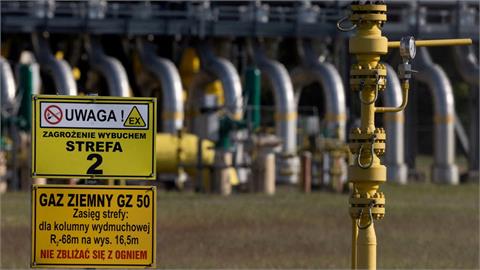By Eman Yoyssef* Egypt has witnessed, throughout history, many challenges and conflicts that have hampered its development path, and it has overcome these challenges to cope with regional and international developments, taking advantage of its unique geographical location. What Egypt has gone through from 2011 and until now is clear evidence of this. After many economic problems accumulated, a new vision emerged to solve them starting 2013.
By Eman Yoyssef*
Egypt has witnessed, throughout history, many challenges and conflicts that have hampered its development path, and it has overcome these challenges to cope with regional and international developments, taking advantage of its unique geographical location. What Egypt has gone through from 2011 and until now is clear evidence of this. After many economic problems accumulated, a new vision emerged to solve them starting 2013.
During the era of President Abdel Fattah al-Sisi, Egypt – with the sacrifices and will of its great people – has successfully transformed its pattern of spending from consuming to productive spending. This has been conducive to developing the country’s infrastructure (roads, bridges, reclamation and cultivating hundreds of thousands of acres, providing housing for poor and middle-income citizens, establishing a new administrative capital, developing factories and slums), while also continuing to launch mega projects in different governorates and the digitalization of government, which indicates the presence of a scientific plan for building a modern country.
The president supervised the implementation of the program of economic reforms, initiated in 2017, ensuring the prosperity of the national economy and improving living conditions, aiming for social justice and redirecting subsidies to those who deserve them most. Reports from the International Monetary Fund (IMF) have indicated the remarkable improvement of economic conditions since the beginning of the reform program, which helped liberalize the exchange rate, accelerate growth rates, reduce external and fiscal deficits, increase monetary reserves and reduce the unemployment rate to 8.3%, which is expected to reach its lowest levels by the end of the fiscal year of 2020/2021, compared to 2011, citing relevant international institutions.
It is worth noting that Egypt is still one of the cheapest countries in transportation costs across the world despite high operation costs.
The Egyptian government allocated large sums from the country’s budget to develop health, education and financial aid for daily workers and families most affected by coronavirus pandemic.
A report by credit rating agency Moody’s in September 2020 rated the Egyptian economy at B2, with a stable future, while Goldman Sachs confirmed the return of about 50% of indirect foreign investments, along with positive expectations until the end of this year over inflation rates, the strength of the Egyptian pound and some tourism flows despite the pandemic. Wise Air, the third largest low-cost airline in Europe, announced the re-operation of three weekly flights between Milan and Alexandria, coming on top of the resumption of Royal Dutch Airlines flights to Cairo after a three-year hiatus, as well as the return of flights from Russia and Kazakhstan to Egypt, while applying precautionary measures to receive tourists.
During the previous years, the government focused on addressing the deficiencies of Egyptian economic indicators. In that respect, the annual inflation rate reached 3.4% in August 2020 compared to 4.6% in July 2020, and around 6.7% for the same month last year, with a continued reduction in the prices of the food, beverages, grains and other food products.
For the first time in the Egyptian history, the government is working on providing an accurate digital registration of real estate and agricultural land. Egypt also announced its goal to increase government investments in the current fiscal year 2020/2021 by about 55% compared to the previous fiscal year, with a total investment of around 20 billion Egyptian pounds (225 billion Egyptian pounds funded from the state’s general budget) and directing about 10% to drinking water and waste water treatment projects. The Eastern Mediterranean Gas Forum is also one of the most prominent regional successes. Egypt’s efforts have contributed to a positive growth rate that reached 3.5% in the fiscal year 2019/2020.
President Al-Sisi has focused on investing in the Egyptian people since his re-election in 2018, especially to the benefit of the health and education sectors, in addition to investing in the capabilities of the Armed Forces Engineering Authority to implement national projects – renowned for its vast experience, with the ability to meet deadlines at the lowest costs – in cooperation with the private sector to generate job opportunities.
The criticism from some countries and anti-Egyptian states regarding the role of the military institution in civilian life is an unjustified accusation, as the military is a patriotic institution known for its discipline and ability to operate without bureaucratic obstacles.
It is worth noting that many countries have succeeded in investing in the capabilities of their military institutions, such as the Chinese experience.
Egyptian history has proven that the elements of its strength are always targeted in an attempt to exhaust it.
The 21st century has witnessed revenge campaigns from hostile countries against Egypt, such as harsh media campaigns against its prosperity and the popularity of its leadership whether in the foreign media, or social media since 2011, used by some parties to give a negative image of Egypt.
Despite of all these challenges, attempts of destruction and sabotage by terror organizations, God has kept Egypt safe throughout history, as well as the wisdom of the political leadership and the awareness of the people.
*Eman Youssef is a reporter for Al-Ahram newspaper.The views expressed in this article are the writer’s and are not shared byKathimerini English Edition.
(Kathimerini 21/10/2020)
